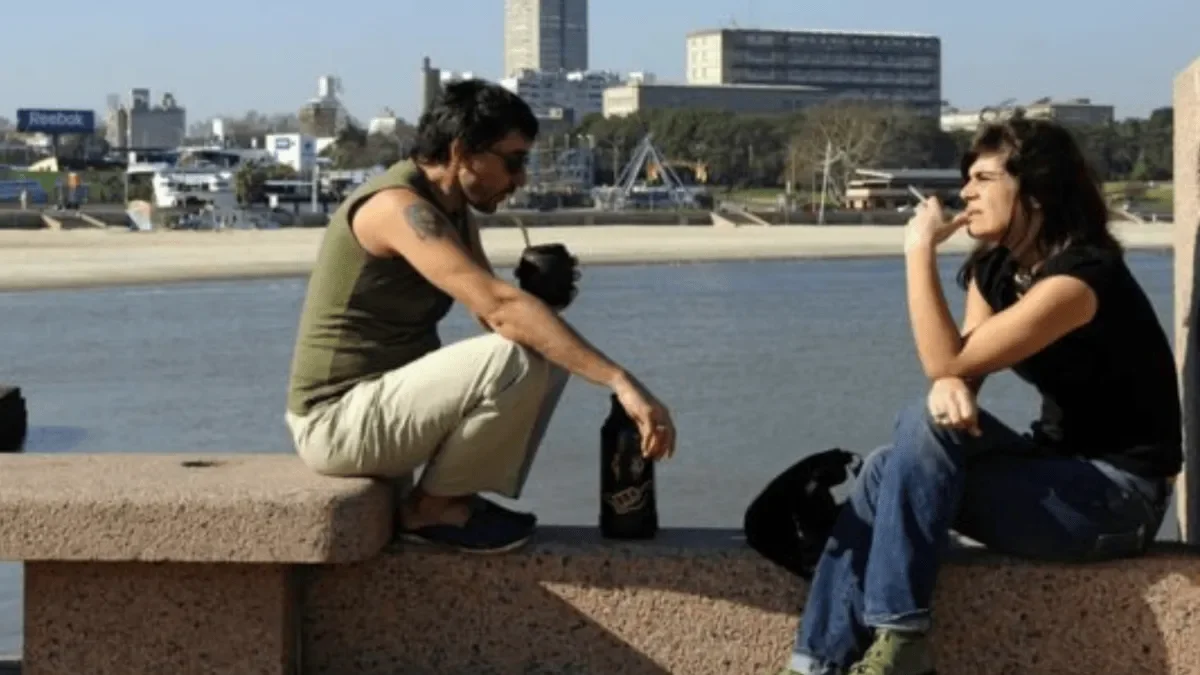10 Uruguayan Expressions You’ll Hear All the Time
If you spend even a short time in Uruguay, you’ll notice that people here use certain words and expressions that don’t always appear in textbooks. They’re not complicated, but they give conversations a very local feel. Students often ask us what these expressions mean, because once you understand them, everyday Spanish becomes much easier to follow.
This isn’t a complete list, of course, but it’s a good starting point if you want to get comfortable with how people actually speak around here.
If you haven’t read it yet, this pairs well with our post on Understanding Uruguayan Spanish.
Bo
Probably the most Uruguayan word of all. People use it to get someone’s attention in a friendly, natural way.
Ta
Short for “está”. It’s the local “okay” or “alright”. You’ll hear it constantly.
Gurí / Gurisa
Common words for “kid”. Also used jokingly when an adult is acting a bit childish.
Botija
Another word for “kid”, usually said with a smile or a bit of playful teasing.
Boludo / Boluda
Familiar across the Río de la Plata. Can be affectionate between friends or rude depending on tone, so context is everything.
Guita / Mango
Money. Nothing more complicated than that.
Laburar
The informal way to say “work”. Much more natural than “trabajar” in casual conversations.
Salado
A flexible one. It can mean something was tough, surprising, intense, great, or terrible. The tone tells you which.
Estar de la cabeza
Used when someone is acting wild, scattered, or just not very focused. Usually said jokingly.
Tirar fruta
To exaggerate or add a bit of nonsense to a story. Friendly teasing.
These expressions aren’t hard, but they make a huge difference when you’re trying to follow everyday conversations in Uruguay. Once you start hearing them everywhere, you’ll know you’re settling in.
Ta, bo. Now you’re talking like one of us.
